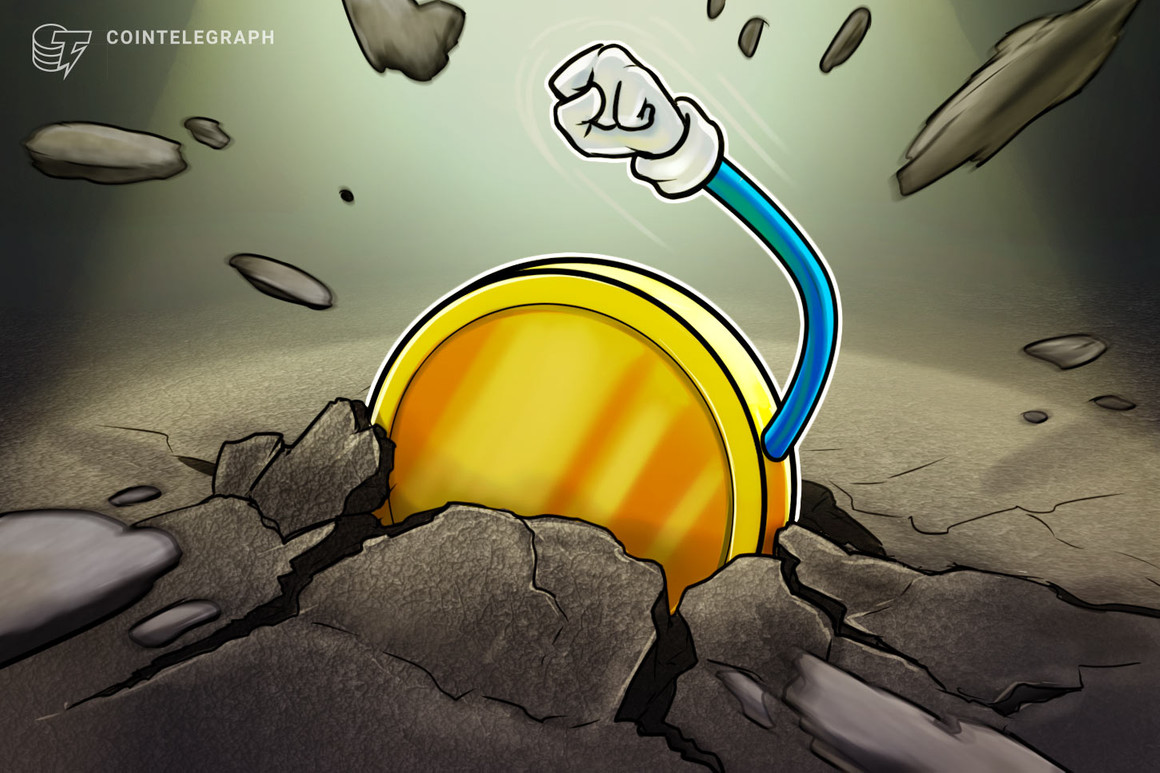[ad_1]

After a grueling two weeks for the Terra neighborhood, the group behind the venture introduced revisions to their proposed revival plan for Terra (LUNA) and TerraUSD (UST).
In a Tweet, Terra shared three main revisions to the proposed Terra revival and redistribution plan. These embody rising the genesis liquidity, introducing a brand new liquidity profile for pre-attack LUNA holders and lowering the distribution to post-attack UST holders.
1/ We have now printed an modification to Proposal 1623, incorporating the neighborhood’s suggestions since its publication 2 days in the past. Please see under for particulars https://t.co/liISBn3Baa
— Terra Powered by LUNA (@terra_money) May 20, 2022
The announcement famous that pre-attack Anchor UST (aUST) holders, post-attack LUNA holders and post-attack UST holders’ preliminary liquidity parameters are modified. The change can be from 15% to 30%, and in accordance with Terra, this will likely “mitigate future inflationary pressures” and improve the token’s provide throughout the launch.
Other than this, wallets that maintain lower than 10,000 LUNA will get the identical liquidity because the aforementioned teams. Furthermore, 70% of their LUNA can be vested in over two years, with a cliff of six months. Terra stated it believes that this new liquidity profile will be certain that small token holders may have comparable preliminary liquidity.
Lastly, the allocation for post-attack UST holders decreased from 20% to fifteen%. In keeping with Terra, this “dpeg associated allocation is on par with the unique stakeholder (pre-attack $LUNA) allocation.” The 5% can be moved to the neighborhood pool.
Associated: Terra fallout: Stablegains lawsuit, Hashed loses billions, Finder improper and extra
The aftermath of the UST collapse gave the neighborhood causes to doubt the way forward for algorithmic stablecoins. In keeping with college assistant professor Ryan Clements, purely algorithmic stablecoins are “inherently fragile” and depend on many assumptions, which might be neither sure nor assured, to be secure.
In the meantime, as some use the UST collapse to take a dig on the total business, some have tried to defend crypto. In an interview with Cointelegraph, Huobi World co-founder Jun Du stated that “one unhealthy apple within the quick run won’t have an effect on [the] long-term demand for crypto.”
[ad_2]
Source link















